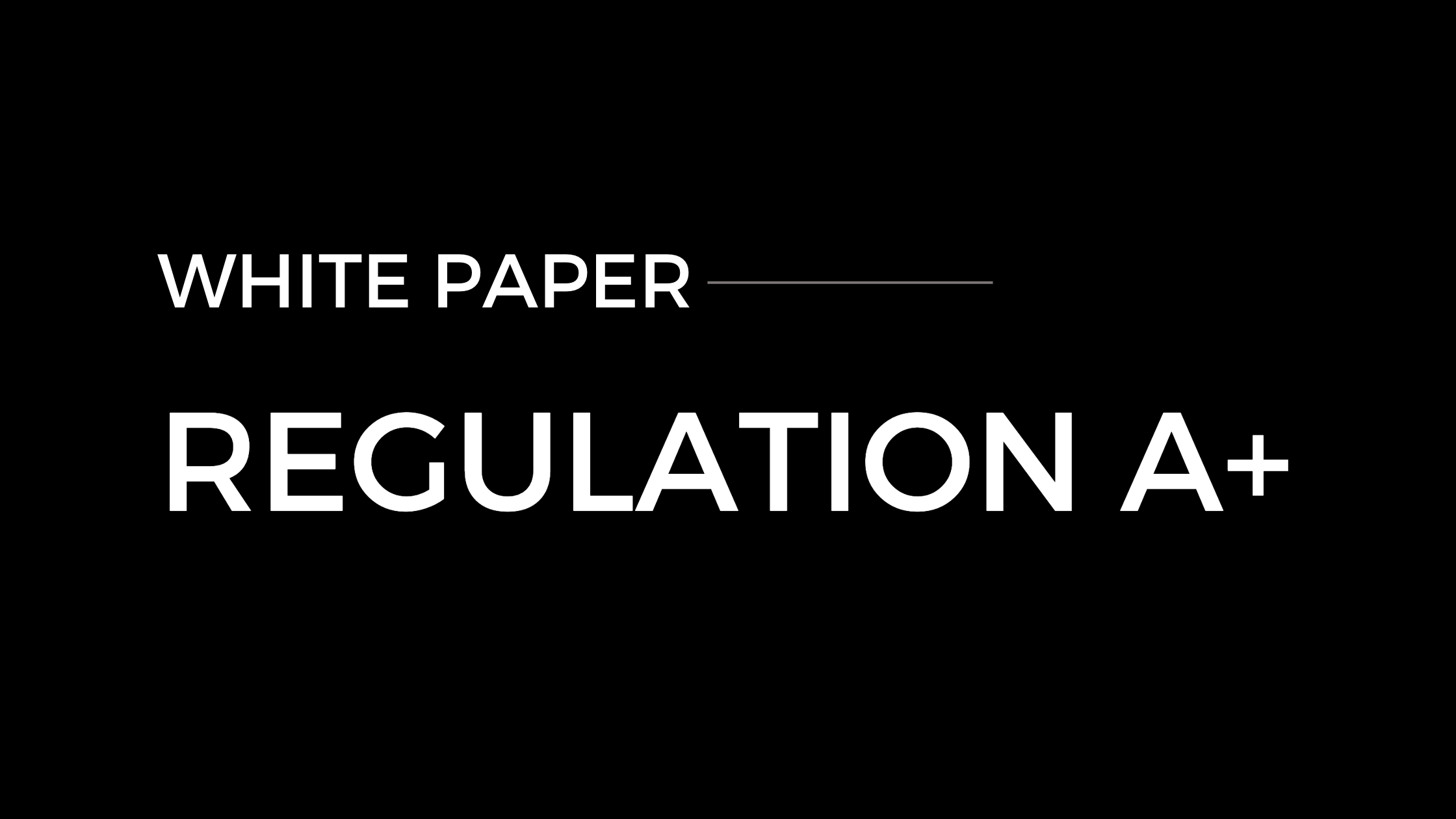Under Florida law, a private person must prove that the defendant negligently published a false and defamatory statement in Florida which caused actual damages. Internet Solutions Corp. v. Marshall, 39 So. 3d 1201 (Fla. 2010) and Jews for Jesus, Inc. v. Rapp, 997 So. 2d 1098 (Fla. 2008).
“Published” simply means that the defamatory statement was communicated to at least one other person by the defendant.
However, certain types of defamatory communications are so injurious that they are actionable per se and damages are presumed. A communication is actionable per se, for instance, if it accuses another of a crime, or imputes conduct, characteristics or a condition which tend to injure a person in his or her business or profession. Statements short of accusing another of a crime are also actionable per se. Campbell v. Jacksonville Kennel Club, Inc., 66 So. 2d 495, 497 (Fla. 1953). For example, John Doe falsely posts a statement that Business A obtains and sells personal information without authorization. Since selling personal information without authorization is illegal, Business A has a claim for defamation per se against John Doe.
… if the website posts containing the defamatory statements are accessible in Florida and are accessed in Florida, then the nonresident commits a tortious act in Florida and can be sued in Florida.



